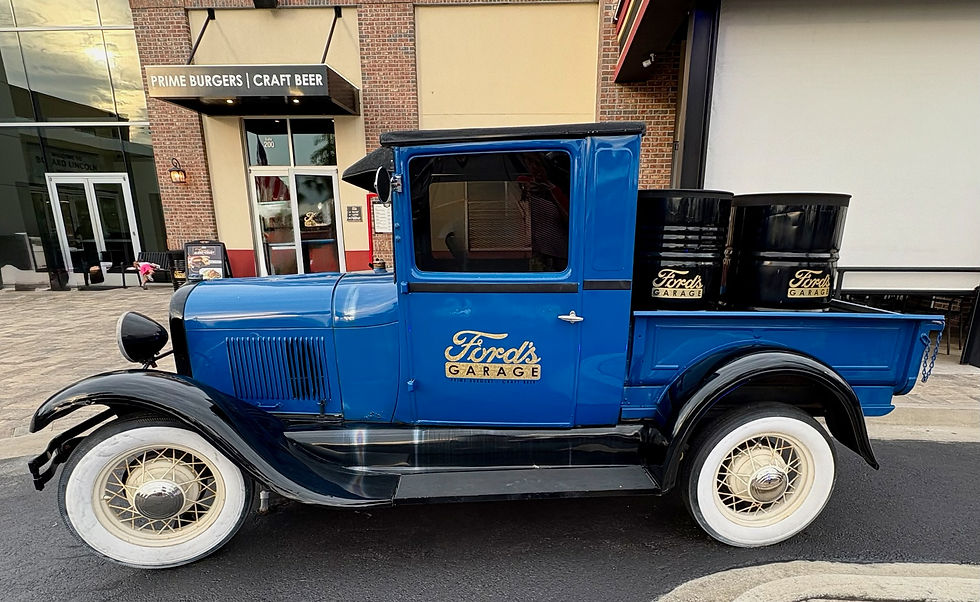He's a Yankee Doodle boy!
- ddavis120
- Jul 3, 2018
- 2 min read
“I’m a Yankee Doodle Dandy” is more than a catchy lyric; it’s a fitting description of its creator’s life. In celebration of our country’s 242nd birthday, let’s take a look at one of America’s most patriotic entertainers, George M. Cohan.
Although he claimed the line “a real live nephew of my Uncle Sam, born on the Fourth of July” was autobiographical, Cohan was actually born on July 3, 1878. Along with father Jerry, mother Nellie, and older sister Josephine, he grew up in vaudeville performing as one of The Four Cohans. As was necessary for performers in those days, George could do a little of everything and soon became known as a singer, actor, dancer, writer, director, and promoter. By the turn of the century, he had developed the skills and contacts to make a successful transition to the fledgling Broadway. There he helped usher in the golden age of musicals, ultimately owning several theaters that promoted the new art form. One of his most memorable songs is “Give My Regards to Broadway,” and upon his death on November 5th of 1942, Cohan was hailed as “the man who owned Broadway.” (Hear the Mormon Tabernacle Choir sing a Cohan medley.)
Many of Cohan’s productions were overtly patriotic and included such songs as “You’re a Grand Old Flag” and “Yankee Doodle Dandy.” During World War I, Cohan wrote the immensely popular “Over There” (you know, “the Yanks are coming” and all that …) and donated all of its royalties to war charities. This philanthropy led to a special Congressional Medal.
George M. Cohan’s popularity brought many additional accolades, including a statue on Broadway, a U.S. postage stamp issued in 1978 (first class postage rate of 15 cents!), an award-winning movie (aptly entitled Yankee Doodle Dandy) based on his life and starring James Cagney as Cohan, and the Broadway hit musical George M!
So why are we talking about George M. Cohan in a tax blog? Turns out the man who revolutionized Broadway has a tax rule named for him. Cohan deducted substantial travel and entertainment expenses on his tax returns even though he did not have the receipts to back them up. He was audited by the IRS, who of course denied the undocumented expenses. The case ended up in court, where it was decided that the IRS had to accept estimates of his expenses because it was obvious he had incurred large costs even though he hadn’t properly documented them. Thus the “Cohan Rule” was born. Simply stated, it allows taxpayers to deduct some of their business-related expenses, even if the receipts have been lost, as long as they are calculated using a reasonable and credible basis.
Clearly it’s best to have detailed records to back up everything claimed on your tax return. While the Cohan Rule has been successfully used many times over the years to allow taxpayers to claim deductions without receipts, there is no guarantee that it will work for everyone. However, it’s nice to know there is a possible way to get some credit for deductions if you have misplaced necessary receipts. And it’s all thanks to that Yankee Doodle boy!





Comments